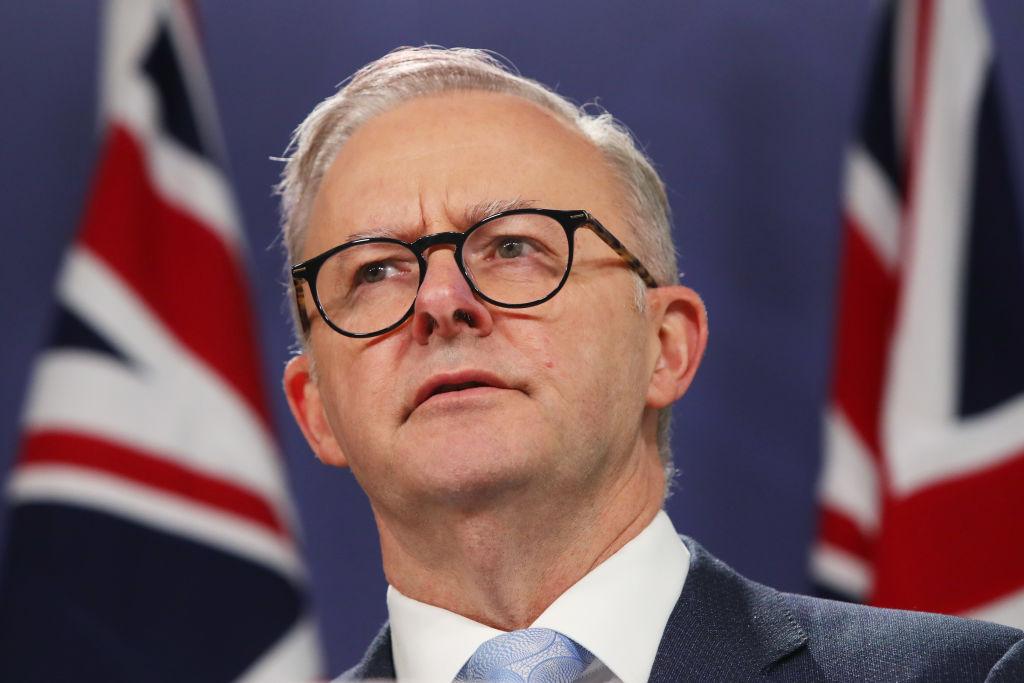Australia’s Coalition is calling on the Albanese government to list the Iranian Islamic Revolutionary Guard Corps (IRGC) as a terrorist organisation following reports that the group targeted Australian organisations with malicious ransomware attacks.
This comes as Britain considers listing Iran’s Revolution Guard as a terrorist organisation after it was revealed that the group had plotted to kidnap and murder people in the UK, reported The Telegraph.





